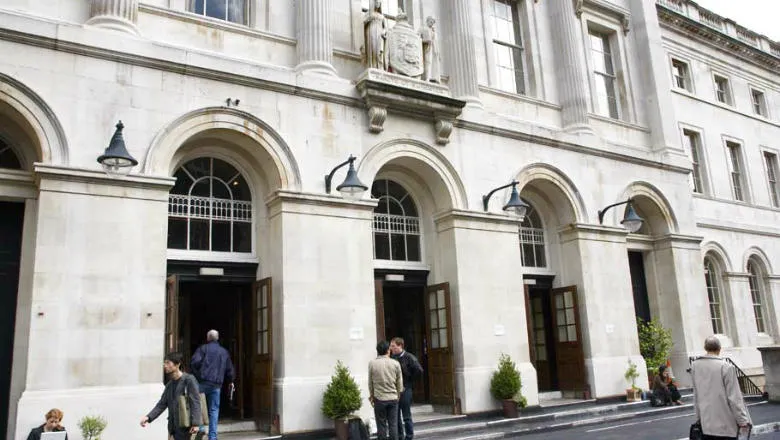31 January 2019
New report published by the Language Acts and Worldmaking project
The Language Acts and Worldmaking project today published a report on ‘Attitudes towards digital culture and technology in the Modern Languages’.

The report is based on a survey carried out by the Language Acts and Worldmaking project, one of four projects funded by the Arts and Humanities Research Council (AHRC) as part of its Open World Research Initiative, a four-year research programme which involves 15 UK Universities and a range of partners. The project aims to transform modern language learning to shape how we live and make our worlds. This report is part of research carried out by the ‘Digital Mediations’ strand, led by Paul Spence and Renata Brandao in the Department of Digital Humanities, which explores interactions and tensions between digital culture and Modern Languages research.
Key findings:
- The survey shows that digital culture and technology have had a significant effect on modern languages learning and research, but this is poorly understood, even within the field itself.
- In the area of language learning there is evidence of significant digital engagement, which can facilitate active, collaborative learning with support for multicultural and multilingual practices.
- There is little evidence of strategic thinking about how digital approaches might connect across different levels of modern languages education and research.
- There is considerable consensus for greater training in critical digital literacies, but expectations relating to digital engagement are not met by institutional support.
- The report recommends more focused attention to digital in future modern language policy documents. It also suggests that ‘digital’ should not just be viewed in terms of ‘technology’, but rather be viewed as part of wider cultural, social and communicative practices.
Responding to the launch of the new report Paul Spence, Senior Lecturer in the King’s Department of Digital Humanities, said: “This report provides an insight into emerging learning and research practices in modern languages, which are increasingly learner-driven and which revolve around creativity, diversity, authenticity and peer-to-peer dynamics. Far from being replaced by digital languages, modern languages once again show their importance in influencing how we shape our understanding of the world, in supporting multilingual habits and in gaining a more rounded view of digitally mediated culture. There is still enormous potential for critical engagement with digital methods in modern languages, which we will explore further in future studies.”
Notes
- The ‘Attitudes towards digital culture and technology in the Modern Languages’ report is available to download on the project website, as well as King’s research outputs.
- Language Acts and Worldmaking is part of the Open World Research Initiative a major four-year research programme into modern languages involving 15 UK Universities and a range of partners. The initiative is funded by the Arts and Humanities Research Council supporting world-class, independent researchers in a wide range of subjects: archaeology, area studies, the creative and performing arts, design, digital humanities, heritage, history, languages, philosophy and much more. The quality and range of research supported by this investment of public funds not only provides economic, social and cultural benefits to the UK, but contributes to the culture and welfare of societies around the globe.
- To learn more about the OWRI Initiative please visit Arts and Humanities Research Council or follow us on twitter. Alternatively email Ciaran.Higgins@qub.ac.uk.

